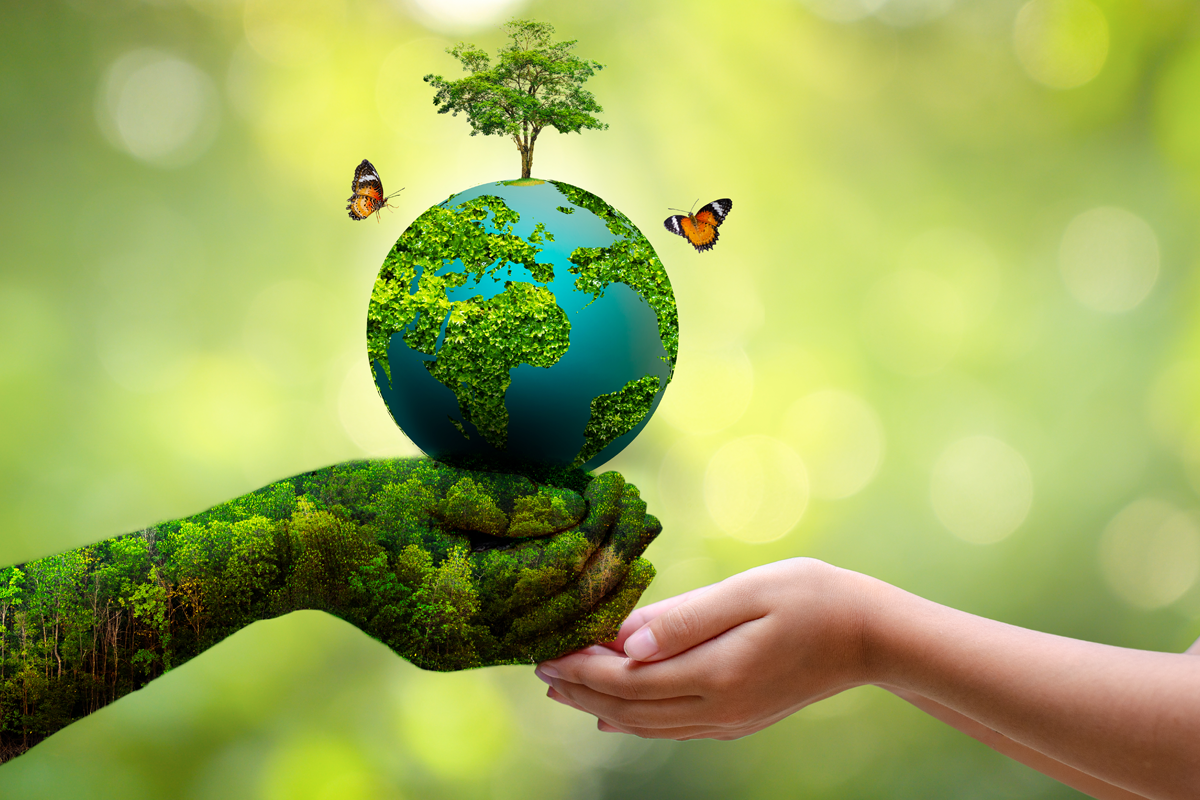
Conserving nature is about more than just environmental preservation—it is a strategic investment in global well-being. A thriving natural world drives economies, supports mental and physical health, sustains biodiversity, and lays the foundation for a sustainable future. By prioritizing conservation, we can significantly enhance the quality of life for people worldwide. Below are five reasons why safeguarding nature is a critical priority.
Drives Economic Growth and Stability
Nature supports industries like agriculture, tourism, and fisheries by providing resources, creating jobs, and driving economic growth. Healthy ecosystems keep these resources reliable. Renewable energy like wind and solar boosts the economy, while eco-tourism generates billions each year through global appreciation of nature. Investing in conservation is both a moral obligation and a sound economic decision. Protecting natural resources secures the long-term viability of industries that depend on them, promoting a stable and resilient economy for the future.
Enhances Mental and Physical Health
Spending time in nature boosts mental and physical well-being. Green spaces and clean air help reduce stress, anxiety, and depression while encouraging physical activity, better focus, and overall health. Natural environments also reduce respiratory issues and support community wellness. John Muir, widely regarded as the “Father of the National Parks,” eloquently captured the connection between nature and well-being. His experiences exploring wilderness areas inspired a movement to protect natural landscapes, highlighting their ability to uplift mood, alleviate stress, and foster healthier lives.
Preserves Biodiversity and Ecological Balance
Biodiversity is a cornerstone of stable and functional ecosystems. Each species contributes to essential processes—pollinators enable food production, forests purify the air, and wetlands filter water. Protecting biodiversity ensures these vital ecological functions continue, providing clean water, reliable food supplies, and environmental resilience. Furthermore, healthy ecosystems help combat climate risks, prevent the spread of diseases, and sustain life on Earth. Preserving biodiversity is not just about saving individual species; it is about maintaining the intricate balance of life that supports the planet and its inhabitants.
Supports Natural Solutions to Climate Change
Nature plays a pivotal role in addressing climate change. Forests sequester vast amounts of carbon dioxide, oceans regulate global temperatures, and ecosystems such as wetlands, coral reefs, and grasslands protect communities from extreme weather events. These natural systems act as critical defenses while providing essential resources like fresh water and fertile soil. Conserving these ecosystems leverages nature’s inherent ability to mitigate the effects of global warming, fostering a more sustainable and resilient planet. Protecting natural habitats is not just an environmental initiative—it is a vital strategy for combating climate change.
Secures Resources for Future Generations
Protecting nature ensures that essential resources such as clean water, fertile soil, and renewable energy remain accessible for future generations. Conservation efforts promote intergenerational equity, safeguarding the tools necessary for progress and development. Addressing biodiversity loss, reducing pollution, and combating climate change today allows us to leave behind an enduring legacy of thriving ecosystems, healthier communities, and sustainable growth. Environmental stewardship is a responsibility that benefits both present and future generations.
A compelling example of sustainable stewardship comes from the Haudenosaunee Development Institute, which integrates traditional ecological knowledge with modern conservation techniques. HDI Six Nations serves as a model for balancing cultural heritage with ecological responsibility. Protecting nature is a shared responsibility that supports economic stability, social progress, and environmental resilience, ensuring a better future for everyone.
